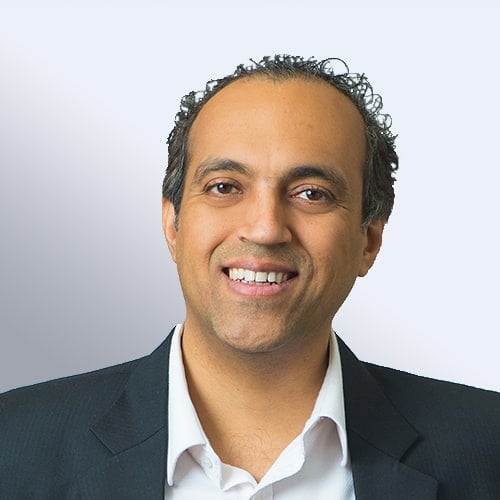
The February 1866 edition of Notes and Queries magazine includes this: “A Pembrokeshire proverb; Eat an apple on going to bed, and you’ll keep the doctor from earning his bread.” Since then a number of variants of the rhyme have been coined, up to our present-day “An apple a day keeps the doctor away.”
Just as apples have a numerous benefits – they contain Vitamin C, reduce tooth decay by cleaning one’s teeth and killing off bacteria, and may even protect brain cells against neuro-degenerative disorders like Alzheimer’s Disease, as has been suggested by Cornell University researchers – mHealth apps serve multiple purposes including promotion of wellness and communicating with healthcare providers, payers, and pharmacists.
Indeed, many of the country’s large healthcare providers and payers are offering patient-focused smart phone applications that will change the way information is exchanged between member patients and their physicians, hospital providers and payer companies. These are being marketed as tools that will strengthen the patient and provider relationship by allowing direct interaction with physicians.
As more applications emerge, the relationship is driven by smart phone technology and applications are at the patient’s fingertips, will this change the dynamic of how healthcare is accessed and delivered?
Eighty-one percent of physicians now report that they use a smart phone, and they are as pervasive with today’s patient population, according to a recent Manhattan Research study. The applications allow physicians to consult with their patients outside of the office, and physicians are providing good feedback on them. Yet these applications will need to increase efficiency and demonstrate workflow optimization, if they are to become a staple of how healthcare communications will be transformed in the future.
There is a rush to the top among healthcare organizations for the development and availability of mobile technology. They want to be viewed as leaders for providing mHealth for their members and constituents, thus guarding against loss of market share. But this begs the following questions:
- Will this development outpace potential FDA regulations?
- Will this provide enough convenience to be adopted and used by consumers?
- Can it be controlled so that accuracy, quality, and privacy issues are addressed?
- What does it replace as the transformation evolves?
Even though this is moving at a rapid pace, it will need to be evaluated and the end state defined. How quickly can any large healthcare payer or provider deploy this rapidly changing and disruptive technology? What will be required of the governance structure needed to support, maintain, and monitor the pervasive use of sensitive data?
I’d love to hear your thoughts. And in the near future I’ll share more of mine, and update you on movement in and traction gained in this exciting space!










